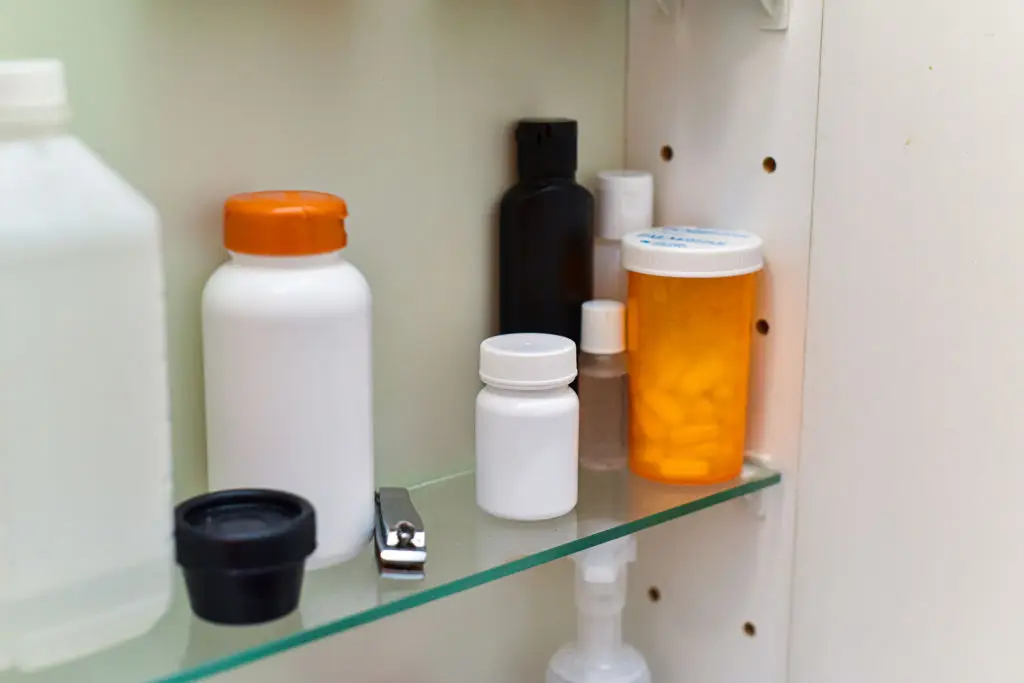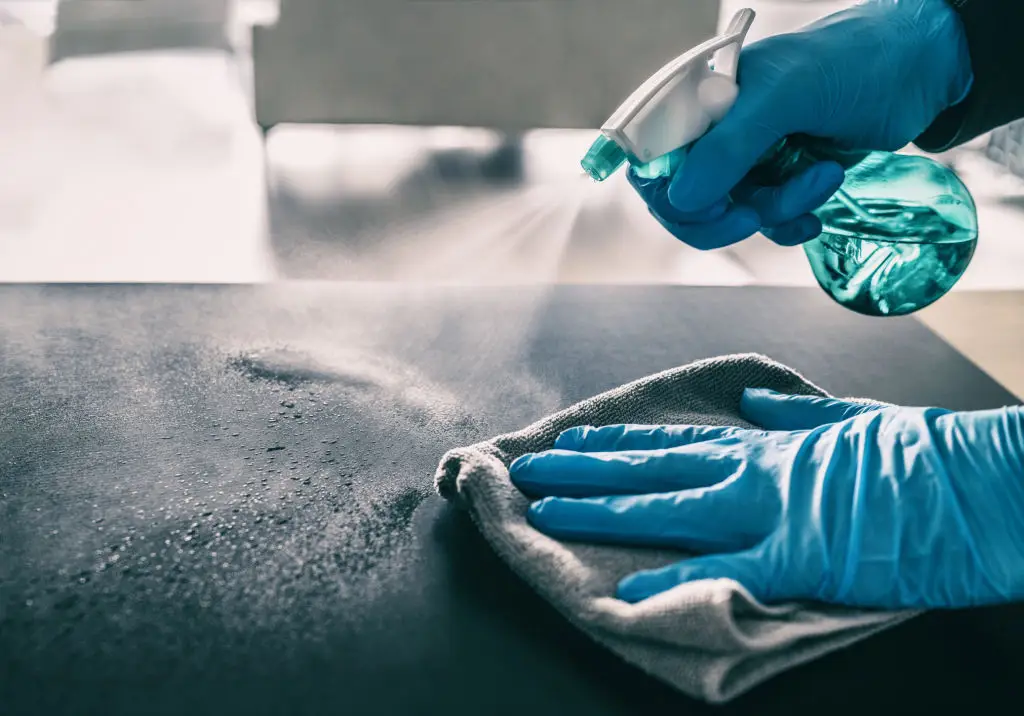Not Just Food: 11 Household Toxins That Are Stressing Your Kidneys
It’s easy to overlook these hidden household exposures, especially when they seem so ordinary — after all, everyone uses cleaning sprays, air fresheners, and the occasional bug repellent. But small, repeated doses can build up over time, silently challenging kidney function. The good news? You don’t need an extreme home makeover to lighten the load on your kidneys. A few mindful swaps and simple habits can help keep your kidneys calm and resilient. We've expanded our list of common household toxins that deserve a little more of our attention, along with practical steps to make your home a kidney-friendly haven. Every small step helps — and your kidneys will thank you.
1. Medications: The Surprising Risk from Your Medicine Cabinet

If you’re like most folks, your medicine cabinet is stocked with ways to ease headaches, joint pain, and seasonal sniffles. Yet many popular over-the-counter painkillers—think ibuprofen, naproxen, and others in the nonsteroidal anti-inflammatory (NSAID) family—can quietly stress your kidneys when used in high doses or for long stretches. Even certain prescribed drugs for blood pressure or heart issues carry a similar risk. Kidneys act as the body's natural filtration system, helping to process and eliminate medicine residues. When that process happens too often or the kidneys are overwhelmed, damage can slowly accumulate — especially if you’re managing chronic health challenges or are older. It’s not about cutting pain relief out entirely but about keeping track and talking with your healthcare provider about safer ways to manage symptoms. Consider reaching for acetaminophen (when approved for your situation), using lower doses, or non-medication options like heat therapy and gentle movement. Knowing what sits on your shelf—and how often you reach for it—is an act of kindness for your kidneys. If you’re unsure or taking several medications at once, a quick check-in with your doctor or pharmacist can make all the difference.
2. Cleaning Chemicals: Not So Spotless for Your Kidneys

Crisp, lemony-scented sprays and sparkling countertops are hard to resist, but there’s a tradeoff behind the shine. Household cleaning agents like bleach and ammonia-based sprays release fumes and leave residues that don’t just stop at the surface. When you breathe in those sharp smells, tiny particles hitch a ride straight into your bloodstream, where kidneys work overtime to sort and filter them out. Over time, repeated exposure to strong cleaning products—especially in poorly ventilated rooms—can stress your filtration system, leading to increased inflammation and, in rare cases, more serious harm. Accidental mixing of products can even create dangerous gases. What’s the realistic alternative? Try switching to gentler cleaners—like diluted white vinegar, castile soap, or plant-based products—and keep windows open when possible. Gloves and a little extra time spent airing out the bathroom can go a long way. Taking small steps toward safer cleaning isn’t about perfection; it’s about building a healthier rhythm for your kidneys with every sweep and scrub.
